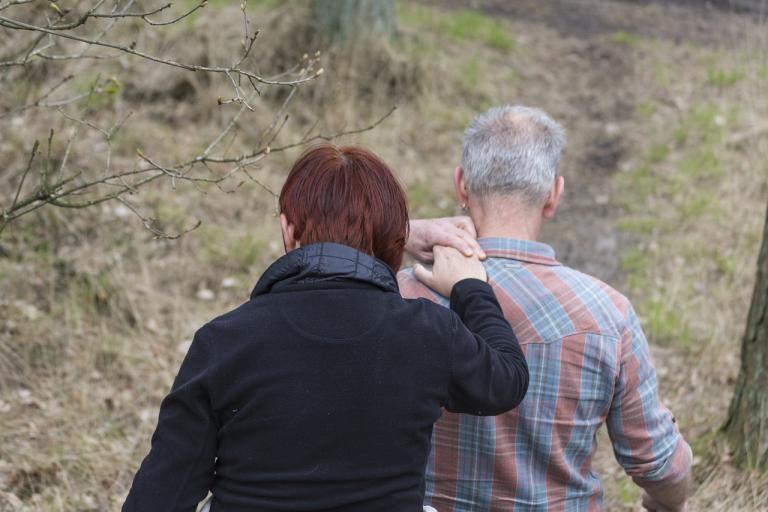Since Eve ate the apple, much depends on dinner.—Lord Byron
Since the beginning of time, food was associated with relationship difficulty.
Eve’s decision to eat involved:
God –she hid from Him because of her sin
Adam –she offered Him to join her in her deception
Satan—she listened to his lie and planting of doubt
These are all relationship issues—hiding our true self and feelings, being deceived by others, and listening to lies and doubting God’s truth.
Today, food is intertwined with relationships and used in unhealthy ways, especially in the church. It is seen as
- an acceptable way to cope with relationship conflicts
- better than engaging in other addictions
Here are 4 unhealthy ways to use food in relationships:
1) Food as a friend or lover: People let you down. There is divorce, betrayal of relationships, hurt, abuse… ahh, but food is always tasty and available. You turn to food. It tastes good, brings momentary pleasure and can be counted on to be available whenever you need it.
2) Food as medication: When there is relationship conflict, stress, problems and difficulty, food can be used to calm down, soothe, and comfort. Upset or stressed? Eat! Some children learn this early and use food to feel better and calm down.
3) Food as a numbing agent: Food is a way to deal with interpersonal anger, upset, abuse, alcoholism and other addictions. When those are experienced in a relationship, food can be your numbing agent to not feel the pain.
4) Food as distraction: Don’t want to face a bad marriage. Et instead of addressing your part of the problem. Don’t want to face that problem relative, eat to avoid and escape the real issues. Don’t want to face the boss who overworks you, eating is a way to distract. When my brother was killed, food was a way to avoid dealing with the pain of the loss. It served as a temporary numbing agent.
When food is used in any of these four ways, your relationships will suffer because you are not dealing directly with the relationship issue.
To give up the improper uses of food, consider the following:
- Identify: What is driving your hunger? Are you eating because you are hungry or for some emotional/relational reason? You can’t control others but you can control what goes in your mouth.
- Accept that your eating is out of control or tied to relationship upsets. Identify the eating pattern so you can make changes.
- Take responsibility for change and moving out of the victim position. Don’t blame others. And don’t use food as an escape or for numbing.
- Forgive your own failures and those of others. Sometimes unforgiveness is at the root of unhealthy eating. Consider the relationship issue and forgive where needed.
4 ways to stop food from being used for relationship problems
- Identify what you are feeling: conflict, anger, jealousy, fear, rejection, What do you do when you become emotionally upset in a relationship? Negative emotions can be triggers to eat.
- Learn to express that feeling directly and address it in the relationship, Don’t hide it or eat it away. There is no healing in secrecy. Grieve losses, and assert your needs.
- Deal with conflict in relationships. For help, I wrote a book on conflict resolution, We Need to Talk. Work on your conflict management skills. Don’t turn to food to calm yourself or manage your anger.
- Ask, is there a need behind the feeling–the need to be loved, accepted, approved of or respected?
- Substitute a new behavior. What can you do instead of eat? Walk, exercise, play music, take a deep breath, etc.
- Practice a substitute behavior for eating over and over until it becomes second nature.



